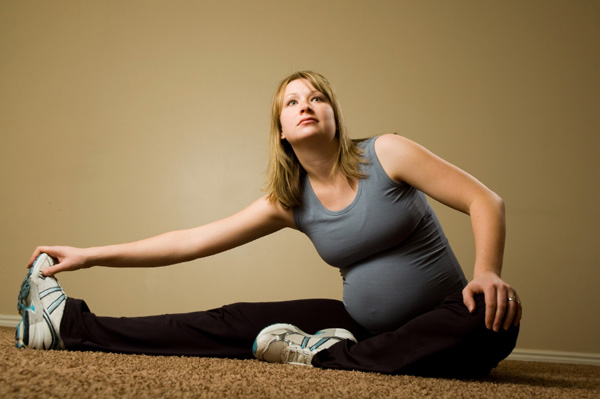A new baby delivers all kinds of wonderful new experiences and emotions. A newborn also presents some specific challenges when trying to reclaim your body and lose the weight gained during pregnancy.
Sleepless nights, raging hormones, and breastfeeding can all impair your body’s ability to lose excess weight. Thankfully, with determination, planning, and patience, you can shed the baby fat.
Breastfeeding and Weight Loss
Breastfeeding is a very personal choice with advantages and disadvantages. Choosing to nurse can be a tricky balance when it comes to calories in versus calories out. While your body is burning calories at a higher rate to sustain your baby’s needs, consuming too many additional calories can sabotage your weight loss plans. On the other hand, restricting your calories too much can jeopardize your body’s ability to produce milk. Many mothers say they feel ravenous while nursing, which makes it especially important to pay attention to what you are eating.
What You Can Do:
Be careful to steer clear of fad diets and aim to eat roughly 1,800- 2,000 calories daily from high quality food sources. Your best bet is to focus on eating a well-balanced, low fat diet, high in fiber and rich in calcium, while increasing your water intake. http://www.webmd.com/food-recipes/features/your-nutritional-needs-while-breastfeeding This should help keep you feeling satisfied on a reasonable amount of calories while giving your baby optimum nutrition.
The Sleep Connection
Sleep is of the utmost importance with any weight loss plan, and sleep is definitely a commodity with a newborn in the house. Deficiency in sleep, or disrupted sleep, is thought to interfere with the body’s hormone balance, which may set us up to overeat at mealtimes. http://www.webmd.com/sleep-disorders/guide/lose-weight-while-sleeping Waking up and not feeling rested can wreck havoc on any diet when we eat the wrong foods to try to combat the exhausted feeling. Those who are sleep deprived often crave sugary or starchy foods to feel better. These empty calories, of course, do little to satisfy hunger, and can leave us feeling more tired than before.
What You Can Do:
Try to sleep when your baby is sleeping. It sounds simple, but taking advantage of even twenty minutes can benefit your overall mental and physical state. The housework can wait, but your health cannot. Be good to yourself, and grab some extra sleep instead of extra snacks.
The Exercise Component
Exercising postpartum is of the utmost importance for reclaiming your body. It is a key component for helping you increase your energy and feel good about yourself. I specifically remember the weeks and months following the birth of my first baby. I couldn’t wait to have my body back. Six weeks of bed rest at the end of a difficult pregnancy had taken its toll on me, both physically and psychologically. I was ready to move! I began walking two weeks after delivery with my little warm bundle sleeping in a front pack. It felt great to be outside after hiding out indoors with a premature, screaming baby.
Then about six weeks postpartum, I began running with my doctor’s clearance. It felt great! My husband would stay home with our tiny baby while I ran, but when he wasn’t around to help out, I jogged with her in the infant carrier/ car seat clipped into its stroller. The pace was slow, but it was steady, allowing me to build back some endurance gradually. I loved knowing that with each outing, I was one step closer to a healthier me.
Moderation and Movement Make the Difference
Think moderation in all things when shedding weight postpartum. Eat mindfully, sleep when possible, drink plenty of water, and try to find thirty minutes each day to exercise. The old adage remains true: nine months on, nine months off, so give yourself a little grace when it comes to losing the baby weight. Be patient but persistent, and your hard work will pay off.








